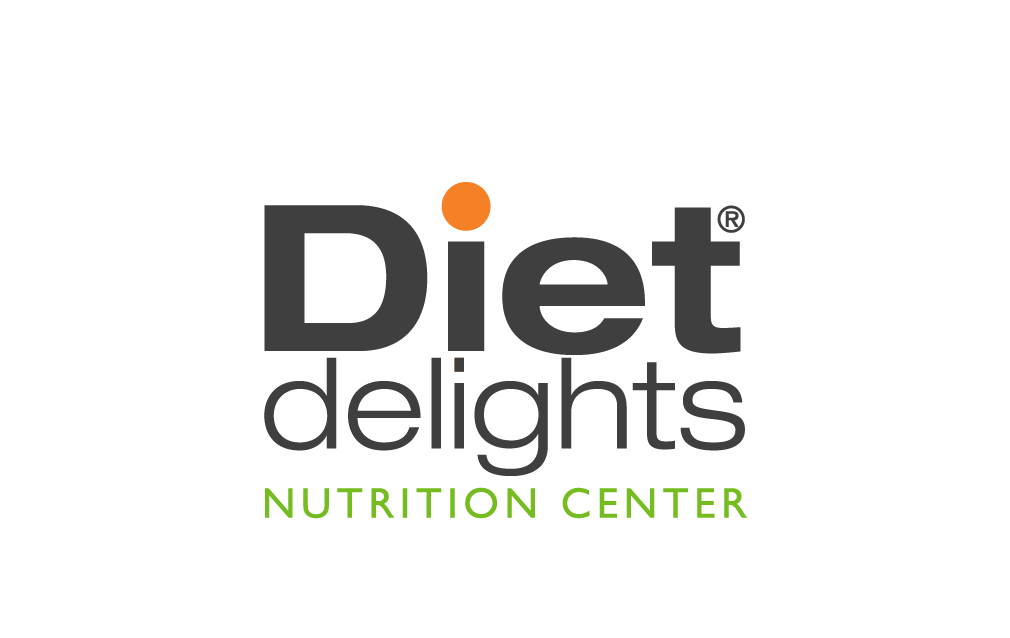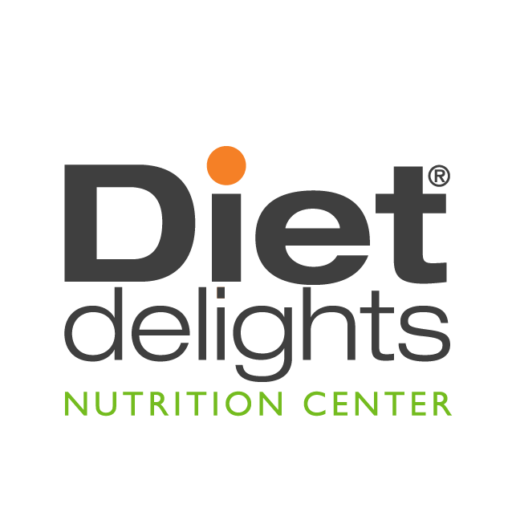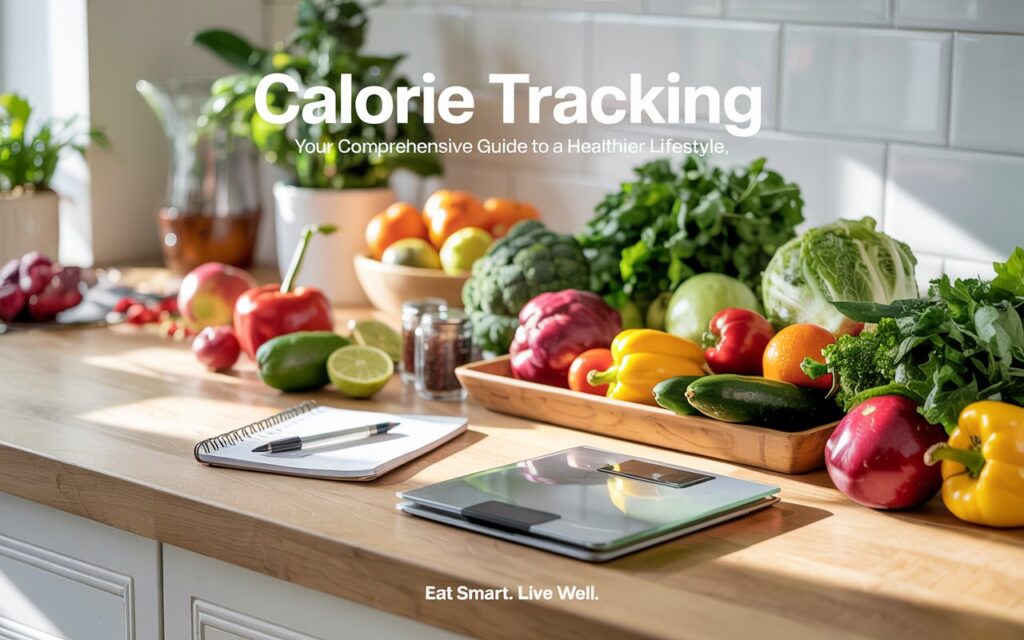
In today’s fast-paced world, where diet trends come and go, one proven method continues to help individuals achieve and maintain a healthy weight: calorie tracking. Whether you’re aiming to lose weight, build muscle, or simply ensure you’re nourishing your body adequately, understanding your calorie intake is key. In this comprehensive guide, we’ll explore what calorie tracking is, why it matters, and how you can effectively integrate it into your daily routine to achieve your health goals.
Understanding Calorie Tracking
At its core, calorie tracking involves recording the calories you consume and, in many cases, the calories you burn. Calories are a measure of energy. Every time you eat, your body converts food into energy to fuel every function—from breathing and circulating blood to exercising and thinking. By keeping track of your calorie intake, you gain valuable insight into your dietary habits, enabling you to make informed decisions about what and how much to eat.
The Basics of Calories
Calories come from three primary sources: carbohydrates, proteins, and fats. While each plays a unique role in your body’s functioning, the balance between them is essential. For instance, carbohydrates provide immediate energy, proteins are vital for muscle repair and growth, and fats support cell growth and help protect your organs. By tracking your calorie intake, you’re not just counting numbers; you’re monitoring the quality and source of your energy.
Why Calorie Tracking Matters
Personal Accountability and Awareness
One of the most significant benefits of calorie tracking is the increased awareness of your eating habits. Many of us underestimate our calorie consumption. A few mindless snacks or an extra helping can add up over time. With a tracking system in place, you’re encouraged to think twice about every bite, leading to more mindful eating practices.
Weight Management
For those who are looking to lose or gain weight, calorie tracking is invaluable. Weight loss generally requires consuming fewer calories than you burn, while weight gain involves the opposite. By understanding your daily caloric needs—based on factors like age, gender, activity level, and metabolism—you can tailor your diet to create a calorie deficit or surplus, as needed.
Enhancing Nutritional Quality
While calorie tracking is often associated with weight management, it also promotes better nutritional choices. When you log your meals, you might notice that some calorie sources lack essential nutrients. This realization can push you to opt for more nutrient-dense foods, thereby enhancing your overall diet quality. A well-balanced diet not only supports weight management but also improves overall health and energy levels.
How to Start Tracking Your Calories
Embarking on the journey of calorie tracking might seem daunting at first, but with the right approach and tools, it can become a seamless part of your daily routine. Here are some steps to help you get started:
1. Determine Your Caloric Needs
Before you begin, it’s important to know your baseline. Various online calculators can estimate your daily caloric needs based on your personal data. These calculators typically consider your age, gender, weight, height, and activity level. This baseline serves as a reference point, helping you understand whether you’re in a calorie surplus or deficit relative to your goals.
2. Choose Your Tools
There are numerous apps and digital tools available that simplify the calorie tracking process. Some popular options include:
- MyFitnessPal
- Lose It!
- Cronometer
These apps allow you to log meals, scan barcodes, and even track exercise, making the process both convenient and accurate. Choose an app that suits your lifestyle and preferences.
3. Log Everything
For calorie tracking to be effective, consistency is key. Start by logging every meal, snack, and drink—even if you think it’s insignificant. Over time, you may be surprised by the cumulative calorie count of those “small” items. As you build this habit, you’ll find it easier to maintain portion control and make healthier choices.
4. Learn to Read Labels
Nutrition labels are an invaluable resource for calorie tracking. They provide information not only on calories but also on macronutrients (carbs, proteins, fats) and other essential nutrients. Familiarize yourself with reading these labels to better understand what you’re consuming.
5. Plan Your Meals
Meal planning can significantly reduce the stress of daily calorie tracking. By preparing your meals in advance, you have greater control over your ingredients and portion sizes. Planning also helps prevent impulsive eating decisions, ensuring that your calorie intake aligns with your health goals.
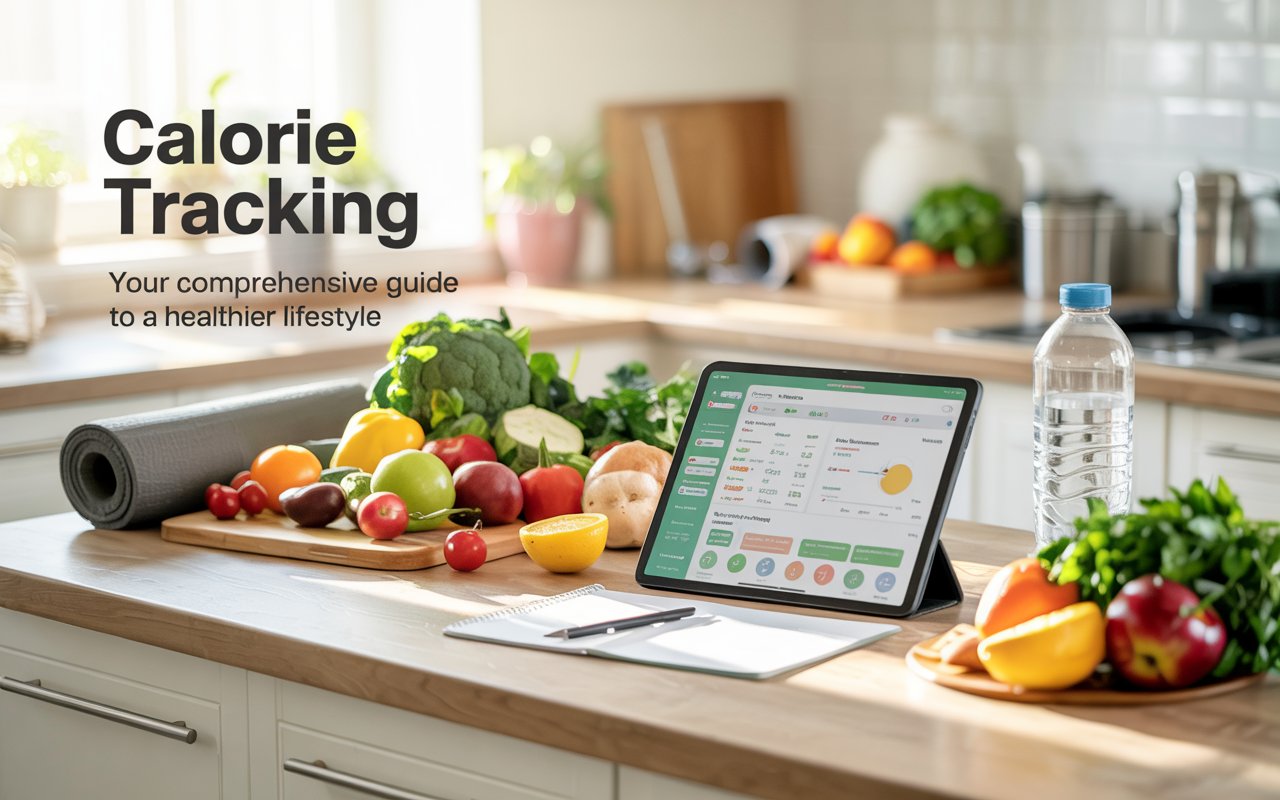
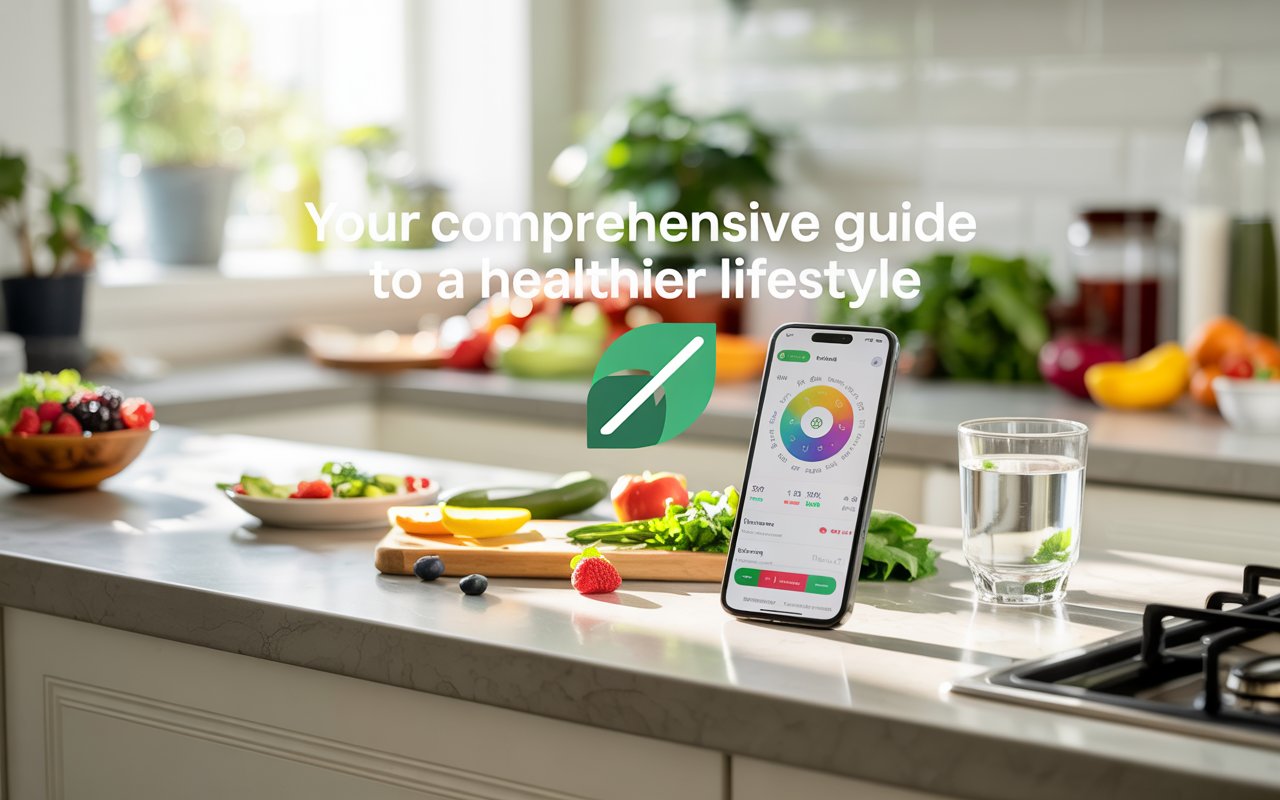
Tips for Effective Calorie Tracking
While the concept is straightforward, there are several nuances to consider that can help you maximize the benefits of calorie tracking:
Be Honest and Consistent
Accuracy is crucial when logging your food intake. It’s easy to forget a quick snack or underestimate portion sizes, but consistency is essential for reliable data. Consider investing in a food scale or measuring cups to ensure precision.
Focus on Nutrient Density
Not all calories are created equal. Two meals might have the same calorie count, but one could be rich in vitamins, minerals, and fiber while the other is full of sugars and unhealthy fats. Aim to choose foods that provide not only energy but also essential nutrients.
Adjust and Adapt
Your body’s needs may change over time, especially if you’re engaging in regular exercise or experiencing changes in your metabolism. Regularly review your calorie goals and adjust them as necessary to ensure they remain aligned with your current lifestyle and objectives.
Use a Food Journal
In addition to digital tools, keeping a physical food journal can be beneficial. Writing things down by hand can increase mindfulness and provide a tangible record of your eating habits. This journal can also serve as a reflective tool, helping you identify patterns and triggers that lead to overeating.
Don’t Stress Over Occasional Overages
Calorie tracking is a tool for guidance, not a rigid rulebook. If you occasionally exceed your target, don’t get discouraged. Instead, view it as an opportunity to learn and adjust your future meals. Balance is more sustainable than perfection.
Common Pitfalls and How to Overcome Them
Even with the best intentions, many people encounter challenges when starting out with calorie tracking. Here are some common issues and strategies to overcome them:
Underestimating Portions
It’s common to misjudge serving sizes, especially when dining out. To combat this, research average portion sizes or ask for nutritional information when available. Over time, you’ll develop a better sense of what constitutes a standard serving.
Mindless Snacking
Small snacks throughout the day can quickly add up. Prepare healthy, low-calorie snacks in advance, and try to schedule your eating times to avoid unnecessary grazing. Being aware of these habits is the first step toward more mindful consumption.
Social Situations
Eating out or attending social events can make calorie tracking challenging. Plan ahead by checking menus in advance or deciding on a rough calorie allowance for the event. Remember, one meal won’t derail your progress if you get back on track the next day.
Emotional Eating
Many people turn to food for comfort during stressful times. Recognize when you’re eating out of emotion rather than hunger, and consider alternative stress-relief methods like exercise, meditation, or talking with a friend. Mindful tracking can help you identify these patterns and address them proactively.
Leveraging Technology: Apps and Devices
The digital age has made calorie tracking more accessible than ever. Modern apps not only log your food intake but also integrate with wearable devices to track physical activity, providing a comprehensive picture of your energy balance. Here’s how technology can enhance your calorie tracking efforts:
Integration with Fitness Trackers
Many apps sync with popular fitness trackers like Fitbit, Apple Watch, or Garmin. These devices measure your daily physical activity, allowing the app to automatically adjust your caloric needs based on exercise. This integration ensures that you’re getting a holistic view of your energy expenditure and intake.
Barcode Scanning
Ever feel overwhelmed by trying to log every ingredient in a packaged meal? Many apps feature barcode scanning technology, instantly pulling up nutritional information and adding it to your daily log. This feature saves time and increases accuracy, making calorie tracking less of a chore.
Customizable Goals
Modern apps allow you to set personalized goals based on your health objectives. Whether you’re aiming for gradual weight loss, building muscle, or maintaining your current weight, you can tailor your daily calorie targets accordingly. Some apps even offer meal plans and recipes to help you reach your goals.
How Calorie Tracking Complements DietDelights’ Approach
At Diet Delights, the focus is on a balanced and enjoyable approach to nutrition. Calorie tracking perfectly aligns with this philosophy by empowering individuals with knowledge and control over their dietary choices. Here’s how integrating calorie tracking into your routine can enhance your experience with Diet Delights:
Personalized Nutrition
Every person’s nutritional needs are unique. By tracking calories, you gain a clear picture of your consumption patterns, enabling you to make more personalized adjustments. This approach ensures that you’re not only meeting your caloric needs but also receiving a balanced mix of nutrients essential for overall health.
Promoting Mindful Eating
Calorie tracking encourages you to slow down and think about every meal. This mindfulness can transform your relationship with food, helping you appreciate the flavors and nutritional benefits of what you consume. Over time, this mindful approach fosters healthier eating habits and a more positive outlook on food.
Long-Term Sustainability
One of the key challenges in nutrition is finding a balance that is sustainable over the long term. Calorie tracking is not a short-term diet fad—it’s a lifelong tool that helps you understand your body’s needs. By integrating this practice with Diet Delights’ balanced meal plans and expert guidance, you’re setting yourself up for lasting success.
Success Stories: Real-Life Benefits of Calorie Tracking
Many individuals have transformed their lives through consistent calorie tracking. Here are a few examples of how this practice has led to positive change:
- Weight Loss and Improved Energy:
One individual began tracking their calories as a means to lose weight. Over time, they not only shed the excess pounds but also reported improved energy levels and better sleep. The process helped them understand which foods left them feeling sluggish and which boosted their vitality. - Enhanced Nutritional Awareness:
Another success story involves someone who used calorie tracking to manage a chronic health condition. By logging their meals, they discovered that their diet was lacking in essential nutrients. With this insight, they gradually shifted towards more balanced, nutrient-rich foods, leading to significant improvements in their overall health. - Balanced Eating Habits:
Many have found that calorie tracking helps break the cycle of emotional or mindless eating. By becoming more aware of what, when, and why they eat, individuals have learned to develop healthier, more balanced eating habits, thereby creating a positive and sustainable lifestyle change.
Final Thoughts
Calorie tracking is more than just a numbers game—it’s a powerful tool that can lead to a deeper understanding of your body’s needs and a more mindful approach to eating. By knowing exactly what you consume and how it affects your body, you’re better equipped to make informed choices that align with your personal health goals. Whether you’re seeking weight management, improved energy, or overall better nutrition, incorporating calorie tracking into your daily routine can be a game-changer.
At Diet Delights, our goal is to empower you with the tools and knowledge needed to lead a healthier, happier life. Calorie tracking is one such tool that, when combined with a balanced and enjoyable dietary approach, can lead to lasting positive change. So why wait? Start tracking your calories today, and take the first step towards a healthier lifestyle.
Remember, the journey to better health is not about perfection, but about making informed and mindful choices every day. Embrace calorie tracking as a means to understand your body better and to foster a balanced relationship with food. With time, patience, and persistence, you’ll find that these small daily actions can lead to significant, long-lasting benefits.
By integrating calorie tracking into your routine, you’re taking control of your health in a practical, informed way. As you continue to explore your nutritional journey with Diet Delights, let calorie tracking be your guide to discovering what truly works for you. Whether you’re at the beginning of your health journey or looking for ways to fine-tune your current routine, this simple practice can provide clarity, motivation, and the assurance that you’re on the right path.
Start today, stay consistent, and enjoy the journey toward a healthier, more balanced life—one calorie at a time
Subscribe for Amazing Offers, Free Recipes and Newsletters
Quick Links
Our Contact
- 103, Al Nuaija Street, Al Hilal Area, Doha, Qatar
- info@dietdelights.com.qa
- +974 4419 6441
our timings
- Sunday to Thursday - 9am to 7pm
- Friday Closed
